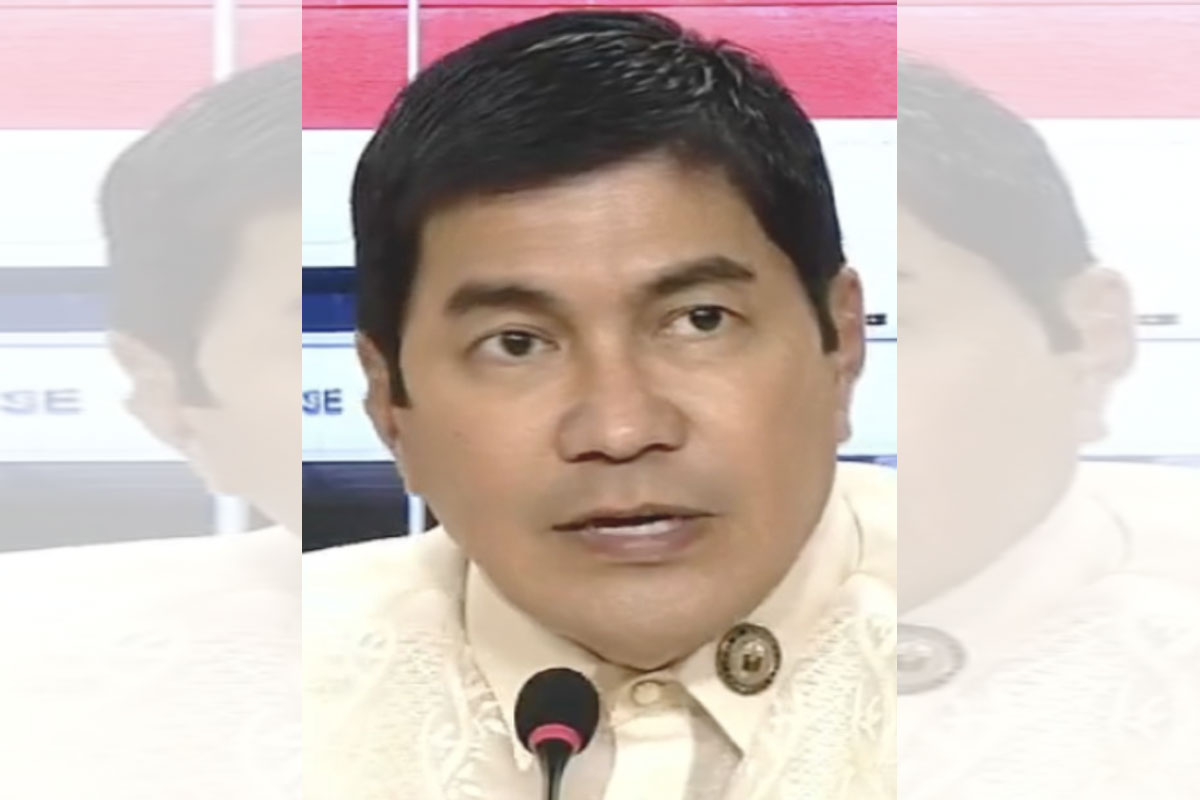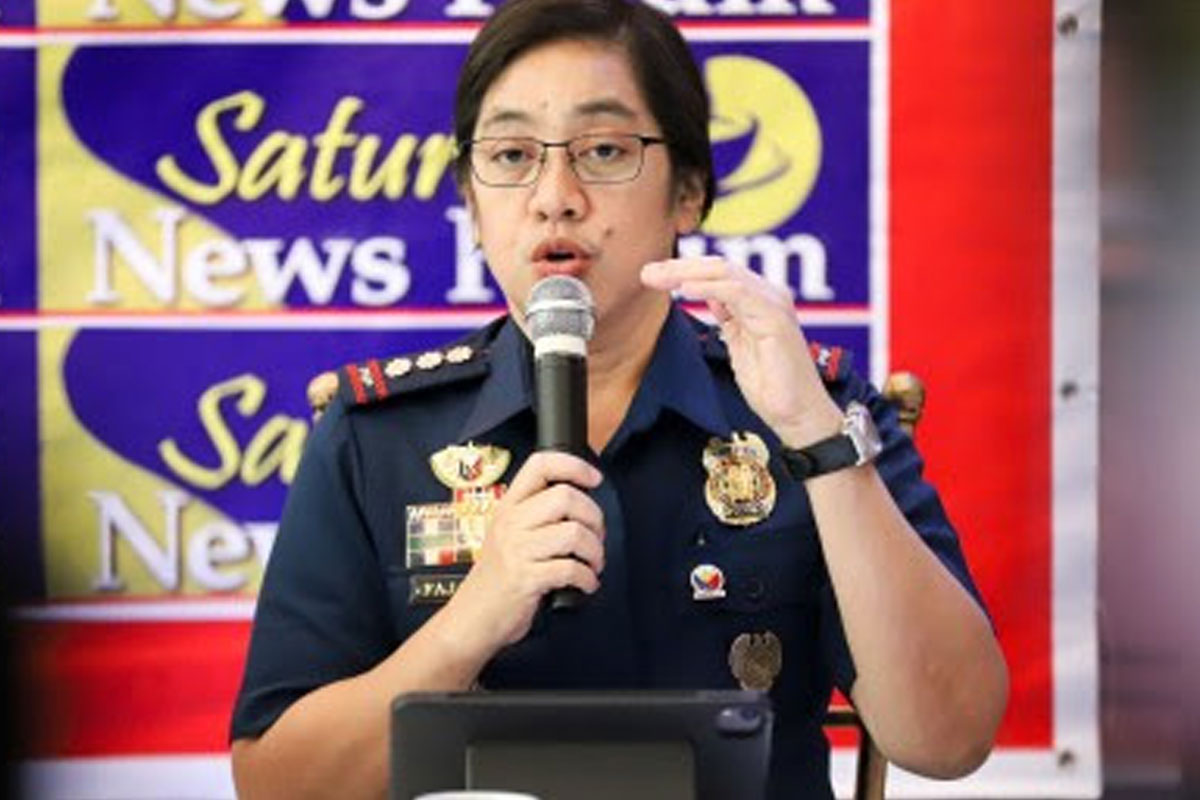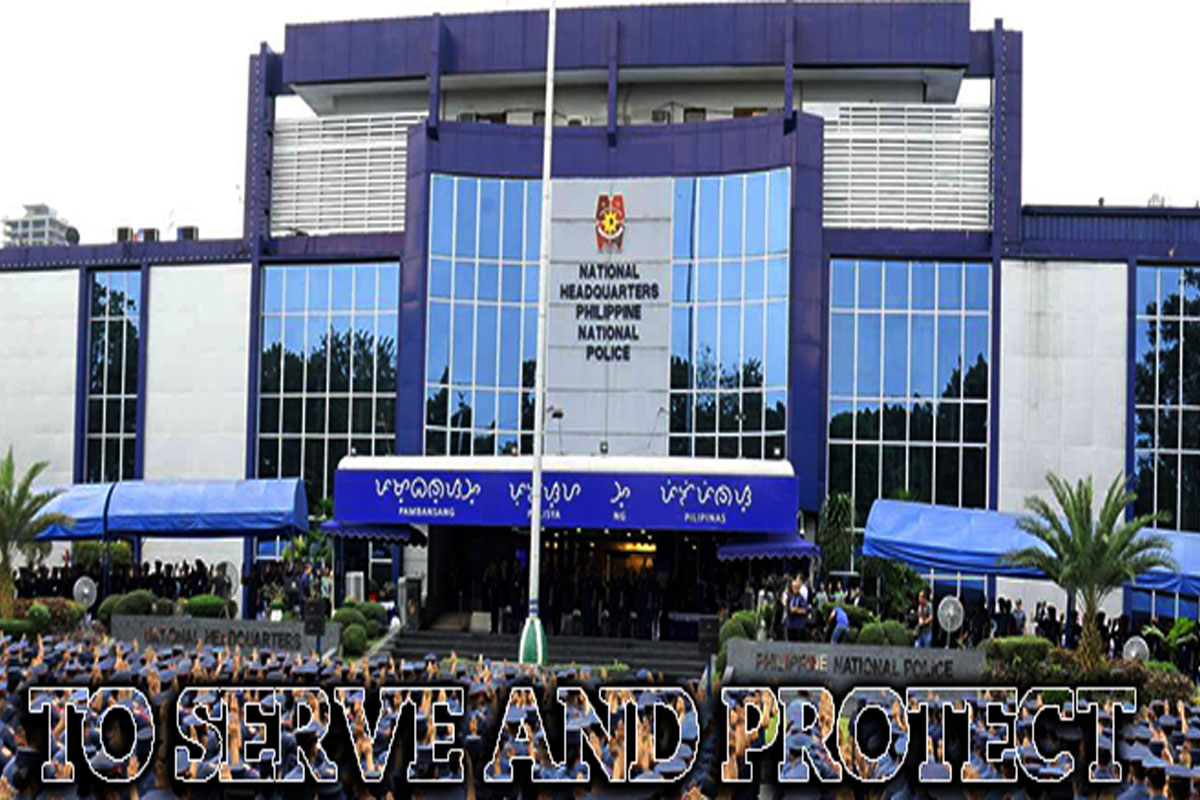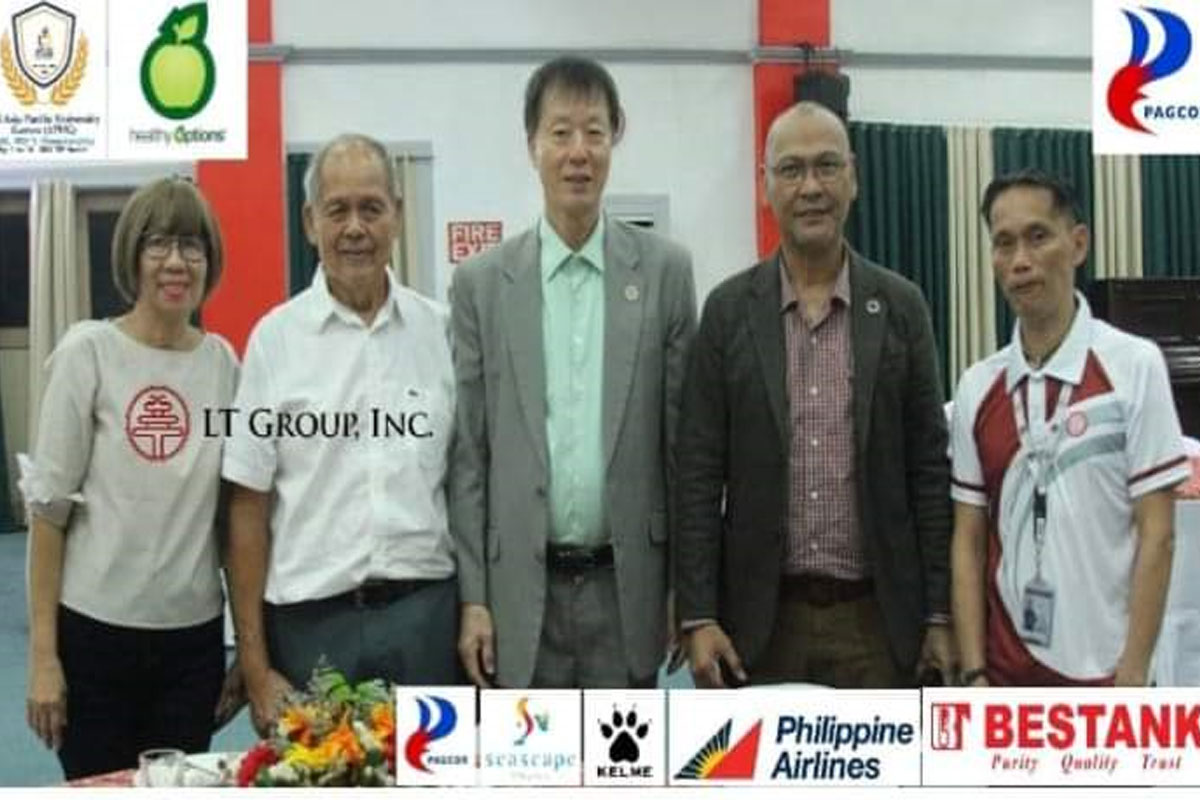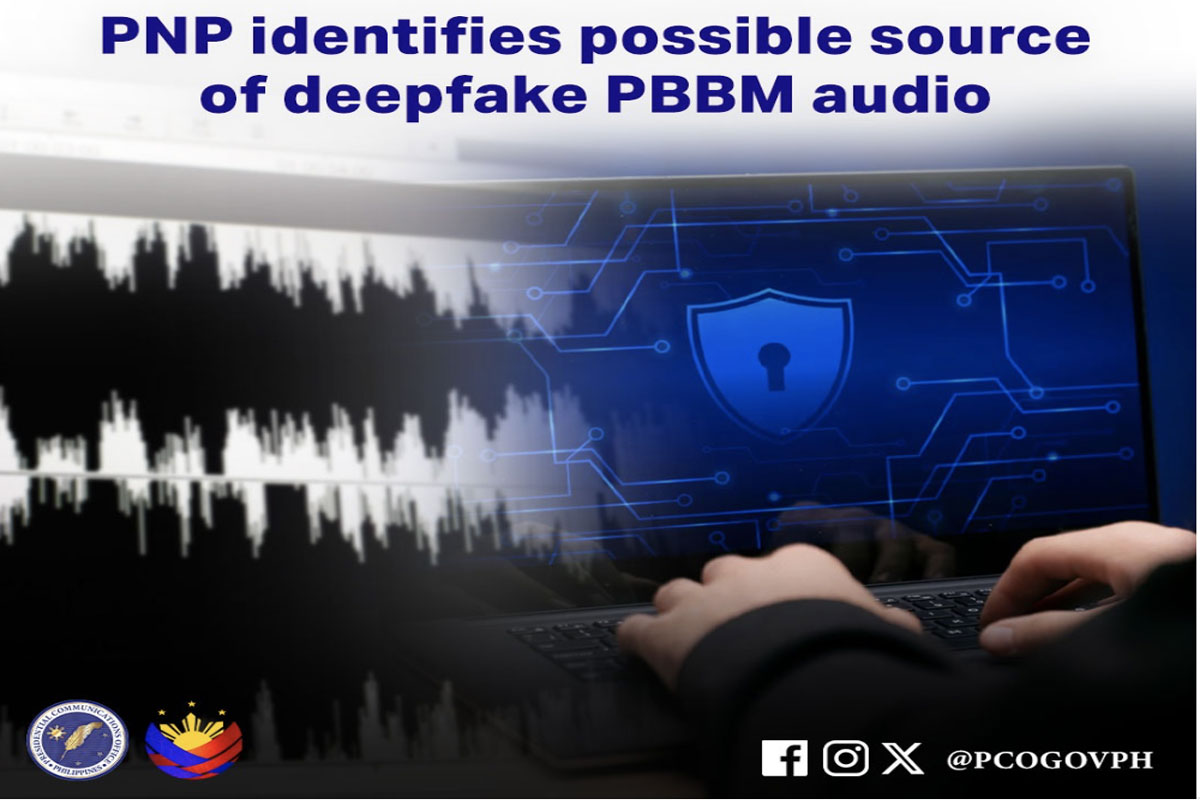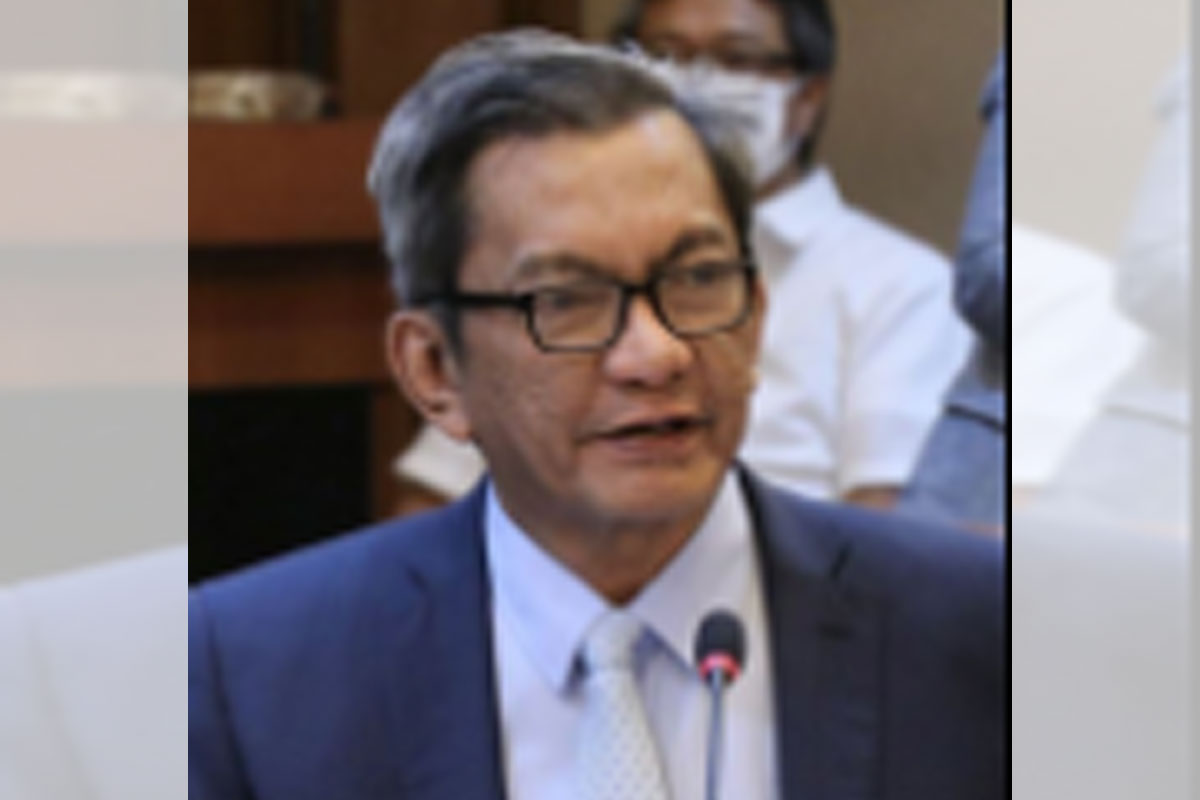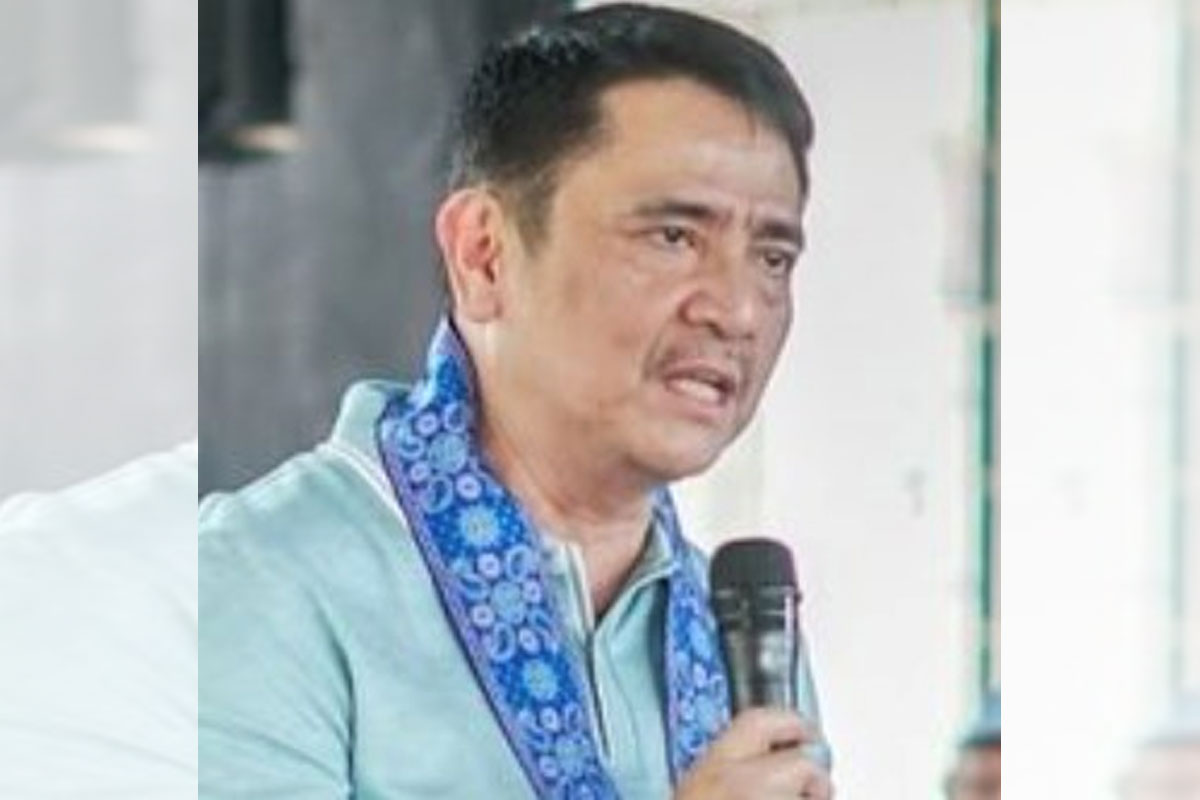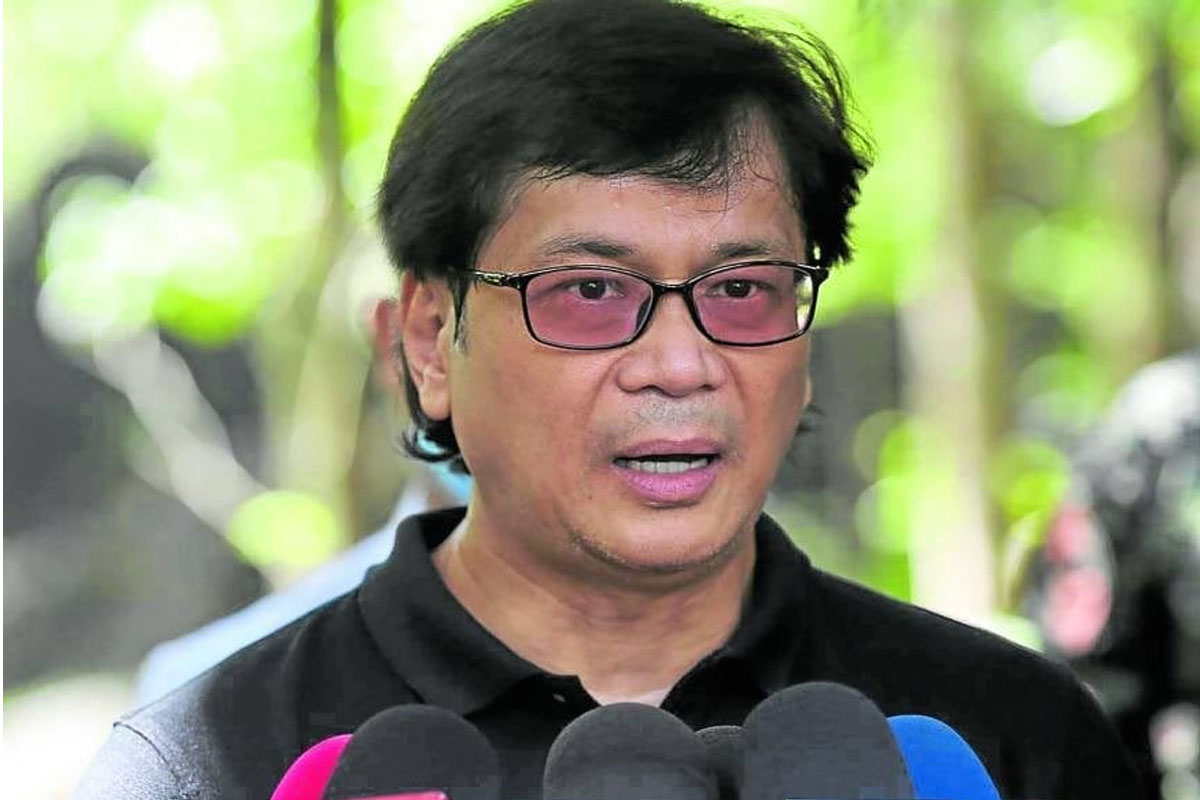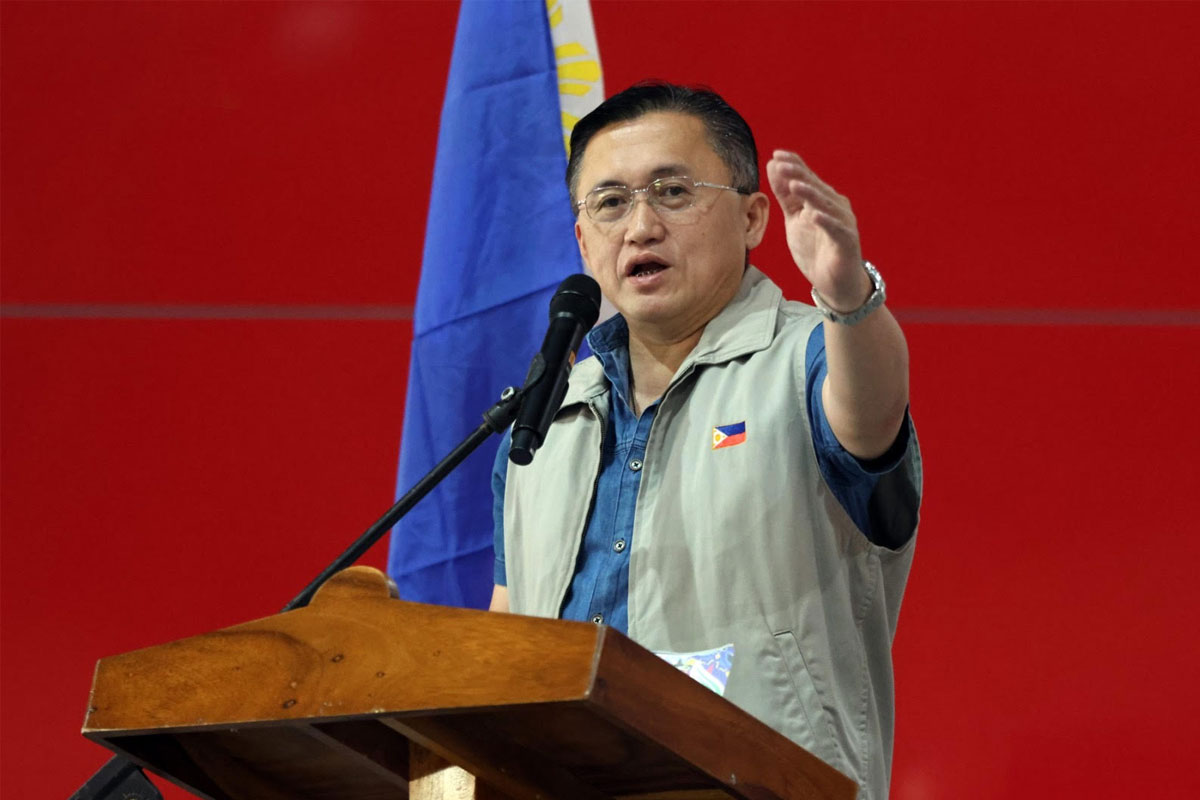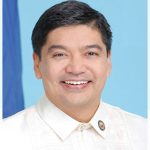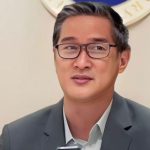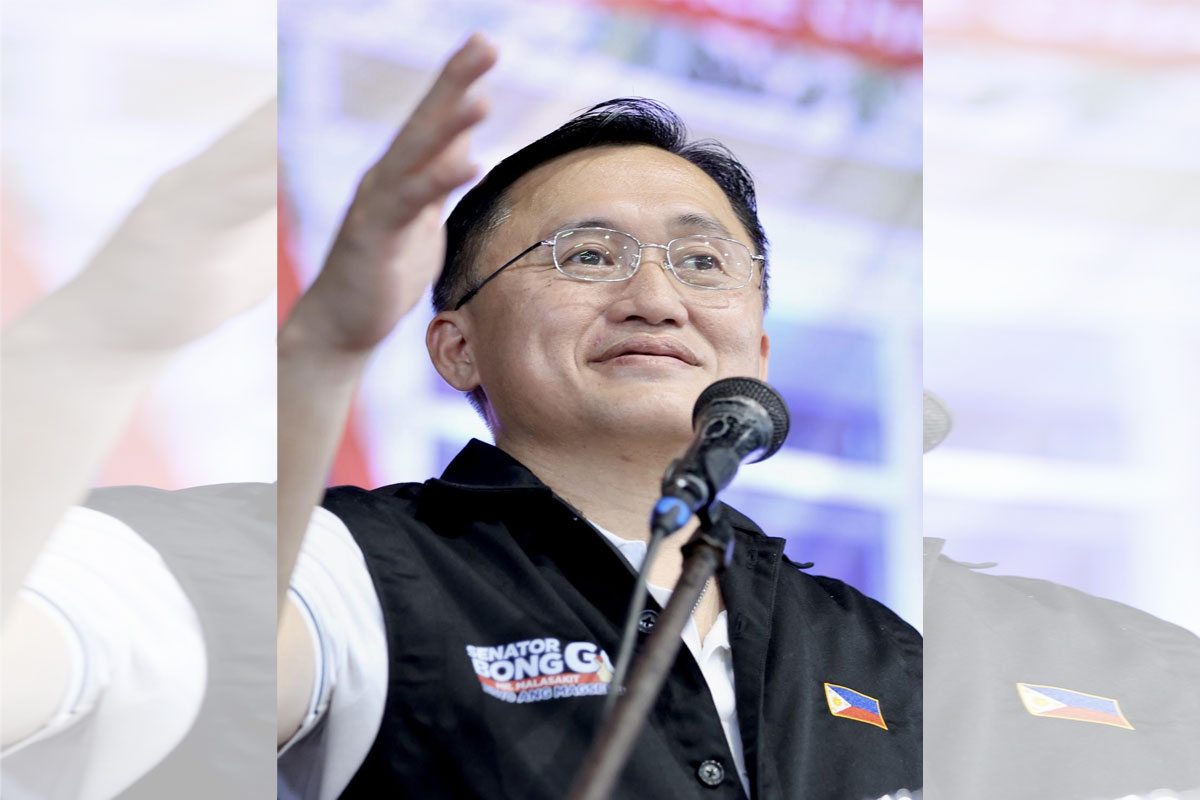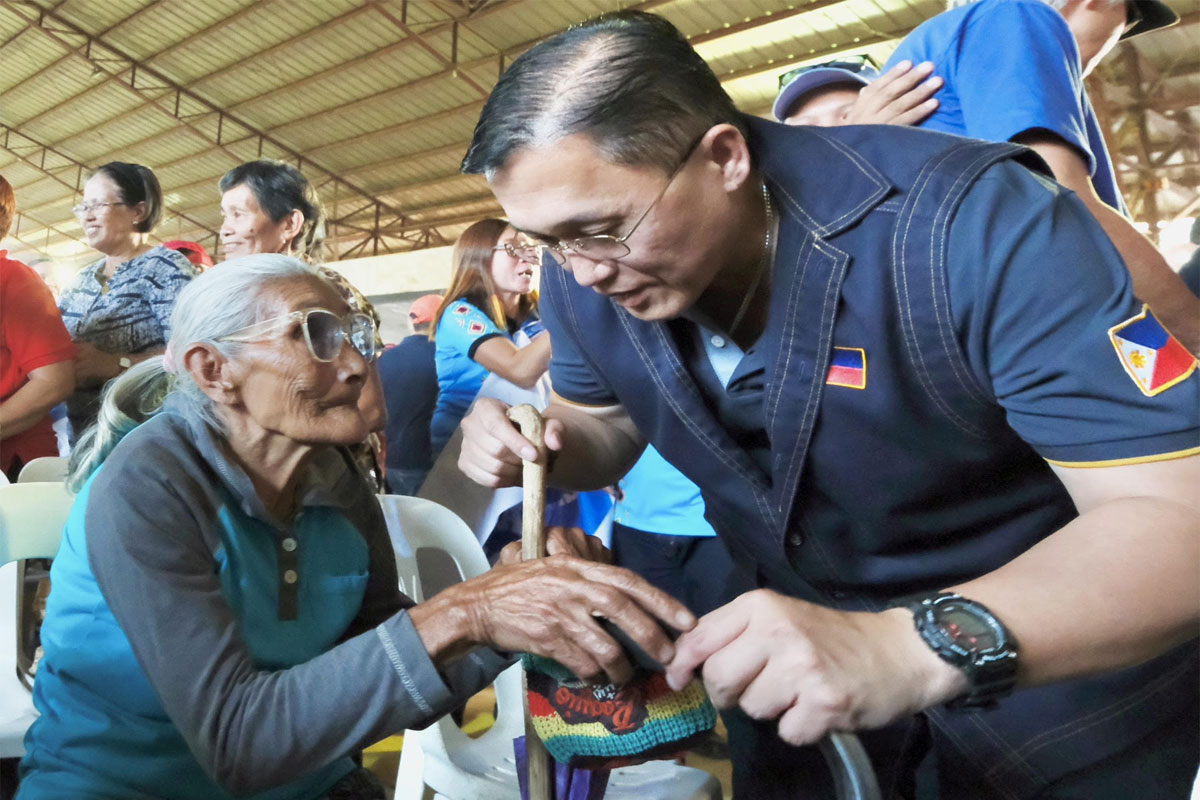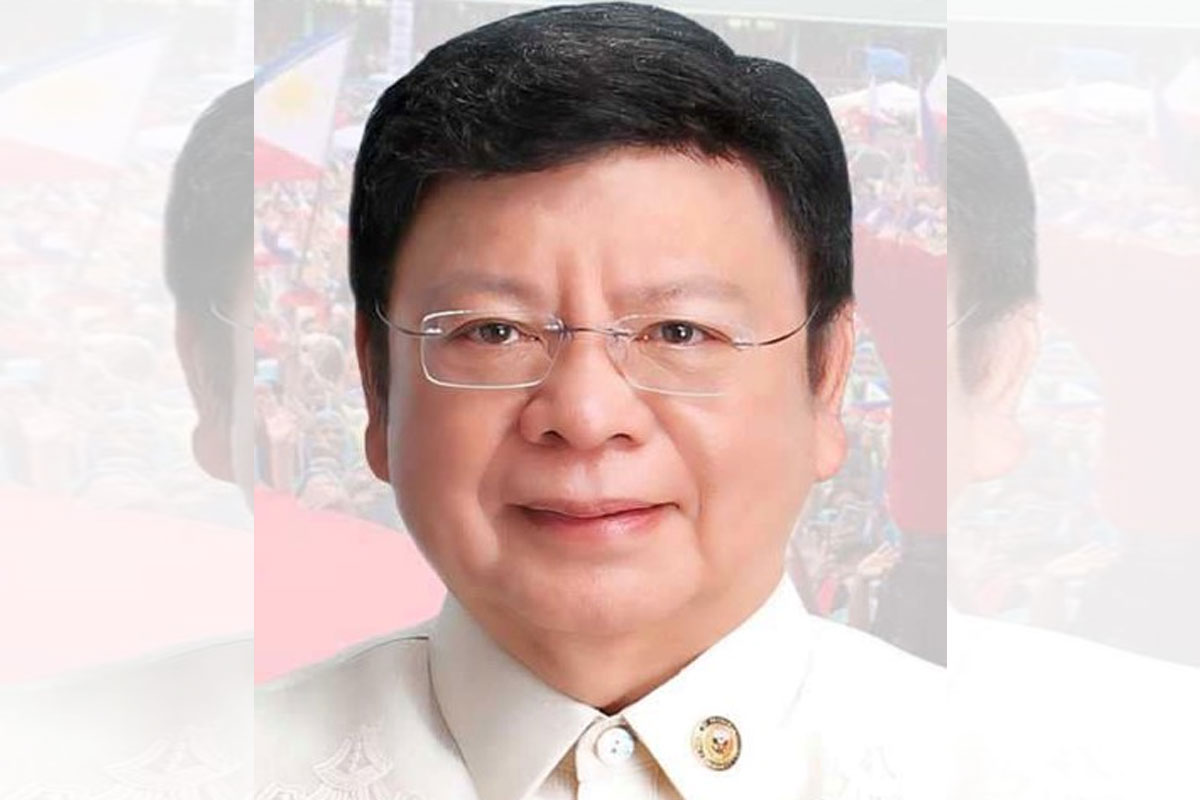
Solon defends PH delegation’s active role in WHO FCTC confab
FORMER Deputy Speaker Rodante D. Marcoleta accused a senator of attempting to disregard two laws passed by Congress to oversee tobacco and smoke-free products, potentially eradicating the livelihoods of three million people who rely on the tobacco industry.
Marcoleta criticized the senator’s remarks in the Senate against the Philippine delegation at the recent conference of the World Health Organization’s Framework Convention on Tobacco Control.
“While the state is conscious and responsible in maintaining the health of its citizens, it should also do so, mindful of the general welfare of the people, especially the stakeholders of the tobacco industry. Our two laws advocate for balanced policies,” he said.
An NGO observer awarded the Philippines a “Dirty Ashtray” award for prioritizing the country’s sovereignty and the intent of the people’s representatives in passing laws regulating less harmful alternatives to cigarettes.
“I’d rather have one thousand Dirty Ashtrays [award] than one coffin to contain the whole tobacco industry, including the farmers and stakeholders who are depending on the tobacco industry in our country,” said Marcoleta of the SAGIP Partylist.
Marcoleta defended the Philippine delegation’s active role in the WHO FCTC 10th Conference of the Parties in Panama, stating that their position aligned with the country’s laws and balanced policies.
He said that in fact, experts in harm reduction commended the Philippines for its position at the WHO FCTC. Professor David Sweanor, chair of the advisory board of the Center for Health Law, Policy, and Ethics at the University of Ottawa, expressed support for the Philippines in resisting efforts to deny consumers safer alternatives to lethal cigarettes.
“To criticize a country for defending the right of people to access life-saving products shows a frighteningly authoritarian and moralistic agenda. If we are to successfully reduce cigarette smoking, anti-tobacco groups need to learn from countries like the Philippines rather than denigrate them,” Professor Sweanor said.
Martin Cullip, an international fellow at the Taxpayers Protection Alliance, also acknowledged the Philippines for remaining steadfast in its stance. “In COP 9, the Philippines said, ‘we are not going to ban these products, we are going to regulate them.’ And this sent shockwaves throughout the meeting,” he said.
Cullip made these remarks during the international conference “GOOD COP/BAD COP,” organized by the Taxpayers Protection Alliance (TPA), providing a platform for leading voices on consumer issues, national and global policies and harm reduction from 14 countries to discuss relevant tobacco control issues.
“We went there to defend our country’s rights, especially the two laws we made in this Congress. I am referring to Republic Act 9211 and Republic Act 11900,” Marcoleta said.
Marcoleta referred to the Tobacco Regulation Act of 2003 (RA 9211), which regulates tobacco products, and the Vaporized Nicotine and Non-Nicotine Products Regulation Act (RA 11900), which regulates smoke-free alternatives to cigarettes such as vapes, heated tobacco, and oral nicotine.
He said he joined the delegation to understand how these laws are addressed on a global stage, particularly within the FCTC.
Representatives from 182 countries convened in Panama for COP 10 to discuss the global tobacco treaty’s implementation.
Marcoleta lauded the Philippine delegation for defending the national policy before the global conference and actively participating in the FCTC’s Agenda 9 and 10, which address the facilitation of regulation implementation and disclosure of tobacco products’ contents and emissions.
During the conference, the delegates debated the suspension of the “working group” and transferring its mandate to an “expert group.” The working group comprises representatives from country-signatories to the treaty, while the expert group consists of nominated individuals not representing their respective countries.
The Philippine delegation opposed the expert group’s mandate over policymaking, citing certain legal principles that cannot be compromised under the appeal of flexibility and consensus.
“We need to assert, Mr. Speaker, that the expert group must be subordinated to the primacy and the dominant role of the working group consisting of state parties. Because they are the ones accountable to and responsible for the interests of their respective nationalities. We have to emphasize, Mr. Speaker, that the working group has the mandate,” Marcoleta said.
“The working group provides the personality and legitimacy to the work of the expert group. Therefore, the working group cannot arrogate upon itself the mandate exclusively reserved for the working group, as they are members of the FCTC,” he said.
Marcoleta pointed out that the Philippine delegation operated in accordance with the country’s laws. “We are simply advocating for our own laws. Because it is stated in the charter of the FCTC that the provisions of this convention shall be subject to and in accordance with the national laws of the member countries,” he said.
Marcoleta said the Philippines delegation made a national statement. “We worked for about two weeks, Mr. Speaker, before we left, to ensure a unified statement based on our national policy,” he said.


